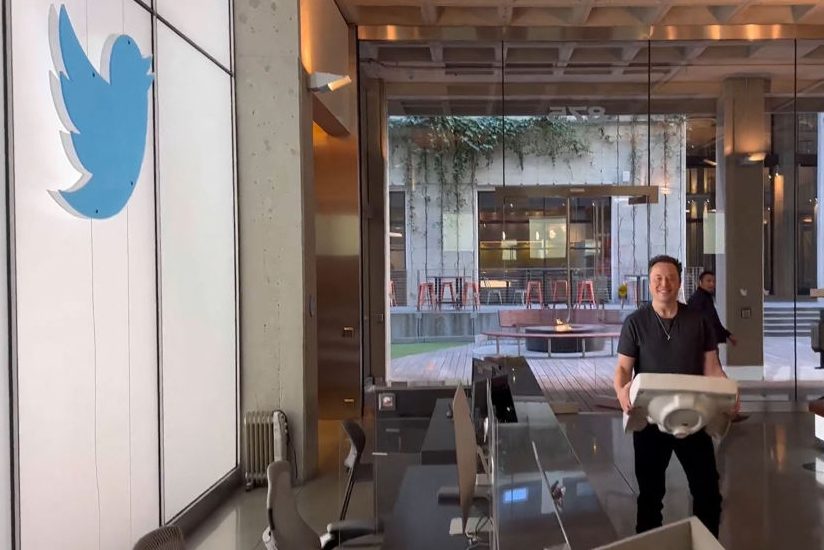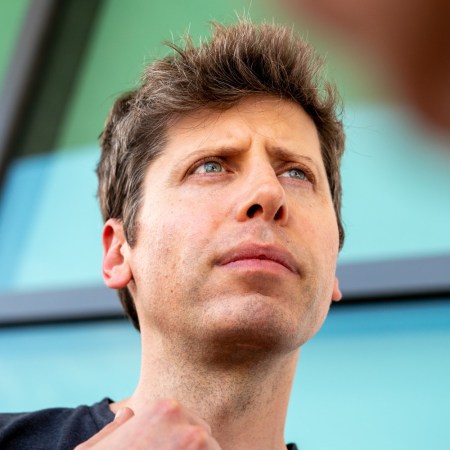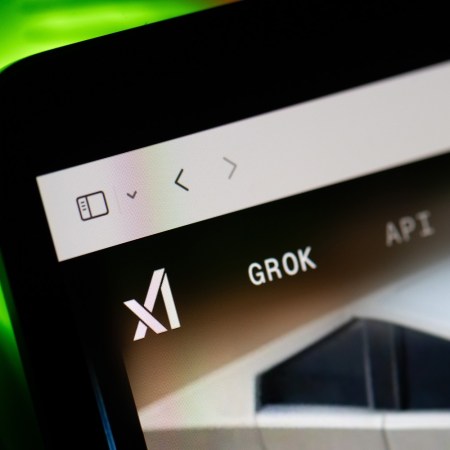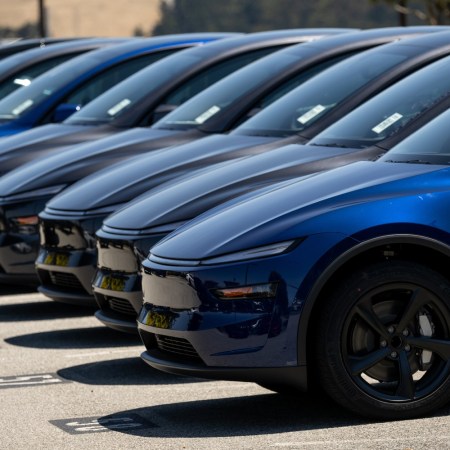In 2018, a Barron’s article explored a very elite group of executives — namely, people who were at the time CEO of multiple companies. It began by citing four men: Jeff Bezos (Amazon and Blue Origin), Elon Musk (Tesla and SpaceX), Jack Dorsey (Twitter and Square — now Block) and Carlos Ghosn (Nissan and Renault). Since that article, Bezos and Dorsey have each taken a step back from CEO duties at one company, and Ghosn has become an international fugitive.
Musk, for his part, has become the CEO of a third company, with his acquisition of Twitter.
All of which begs the question: is the man being spread a little thin these days? Especially when you consider that Musk also spends a fair amount of his time on Twitter — sometimes seeking feedback on his companies, sometimes trolling people he dislikes — it feels like an increasingly valid question.
A tech company’s CEO being especially hands-on isn’t a condition exclusive to Musk. You may recall reports from earlier this year about Netflix’s CEO responding to employee questions in a Google Doc. You may also recall that Musk’s original Twitter acquisition plan involved Musk personally reviewing code from Twitter engineers. Eventually, this task was delegated to Tesla employees.
(It’s worth noting here that Musk has stated that he’s remained involved with his other companies during the Twitter takeover. “I still do a lot of work at Tesla!” he tweeted on Saturday afternoon. “Was at our Palo Alto engineering office until late Thursday night when I had to redeye to NY.”)
The overall picture that’s emerged from Twitter in the last week seems decidedly chaotic. In some cases, such as the promised addition of new features, that chaos at least feels in service to some of Musk’s stated goals of making the company more financially secure.
Others, though — specifically, Musk going all in on banning parody accounts and impersonators — feel a lot more impulsive. It’s as though Musk was responding directly to the numerous accounts who thought changing their display names to “Elon Musk” in the wake of his takeover would be funny. To say nothing of the fact that Elon Musk being angry about someone else’s shitposting is pretty rich.
Last month, John Schwarz wrote a pitch-perfect analysis of Musk’s purchase of Twitter that argued convincingly that it would put Twitter CEO Elon Musk at odds with Twitter user Elon Musk. The last week and change has offered little evidence to prove Schwarz wrong, as Musk has doubled down on making big changes to Twitter — all the while, promising big new features while dramatically cutting staff. This doesn’t feel sustainable — not for Twitter, and not for Musk’s other companies either.
Thanks for reading InsideHook. Sign up for our daily newsletter and be in the know.


















